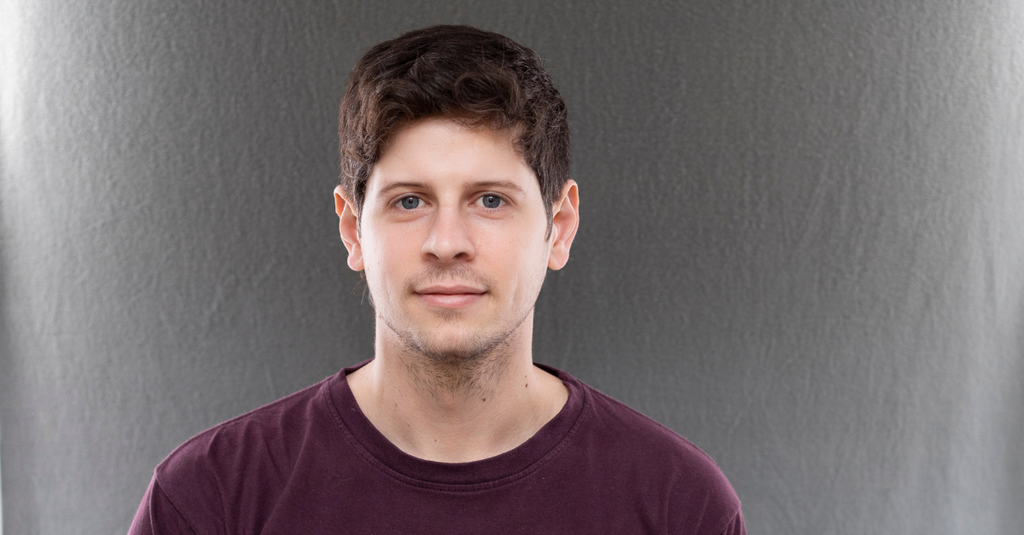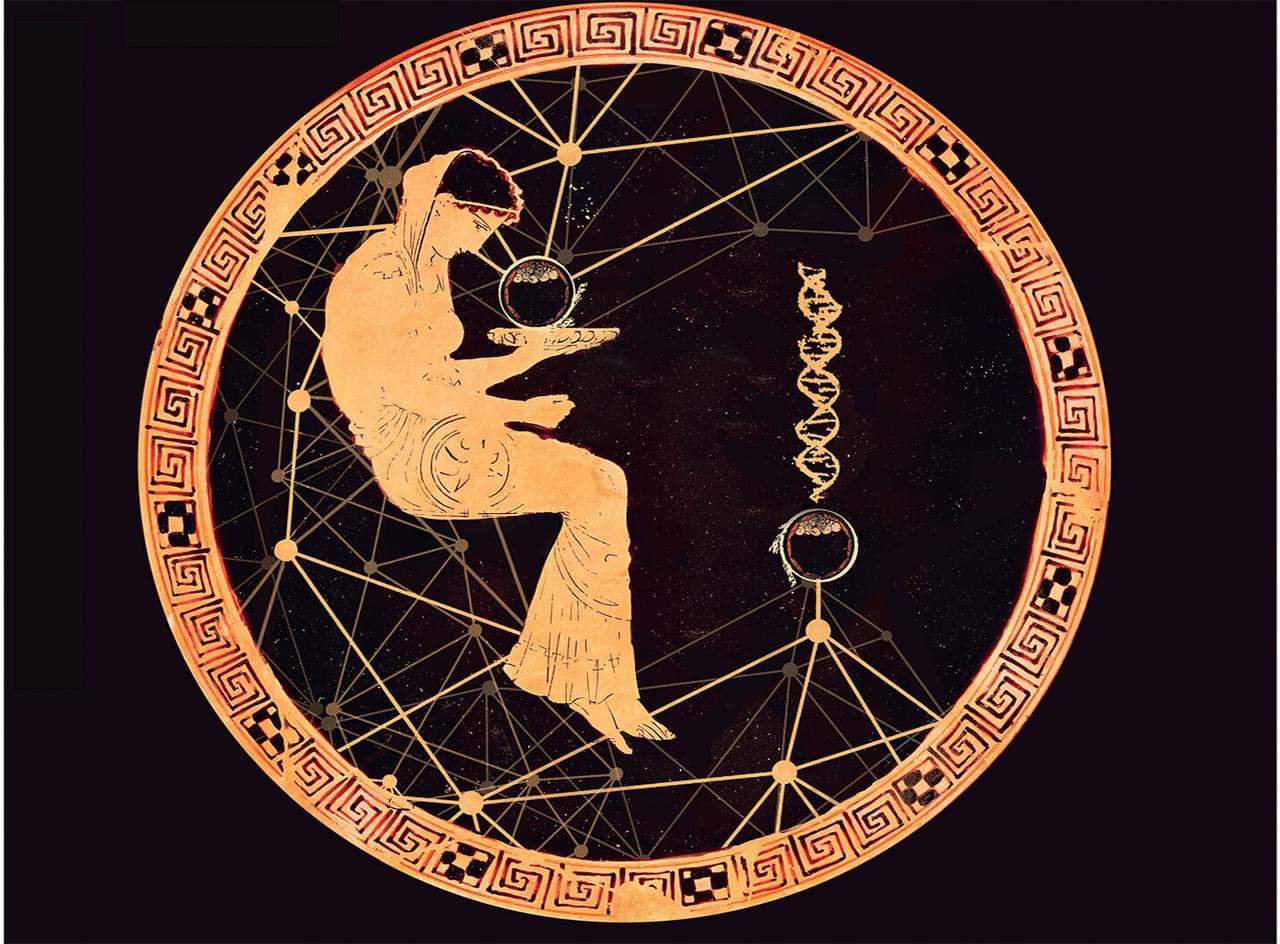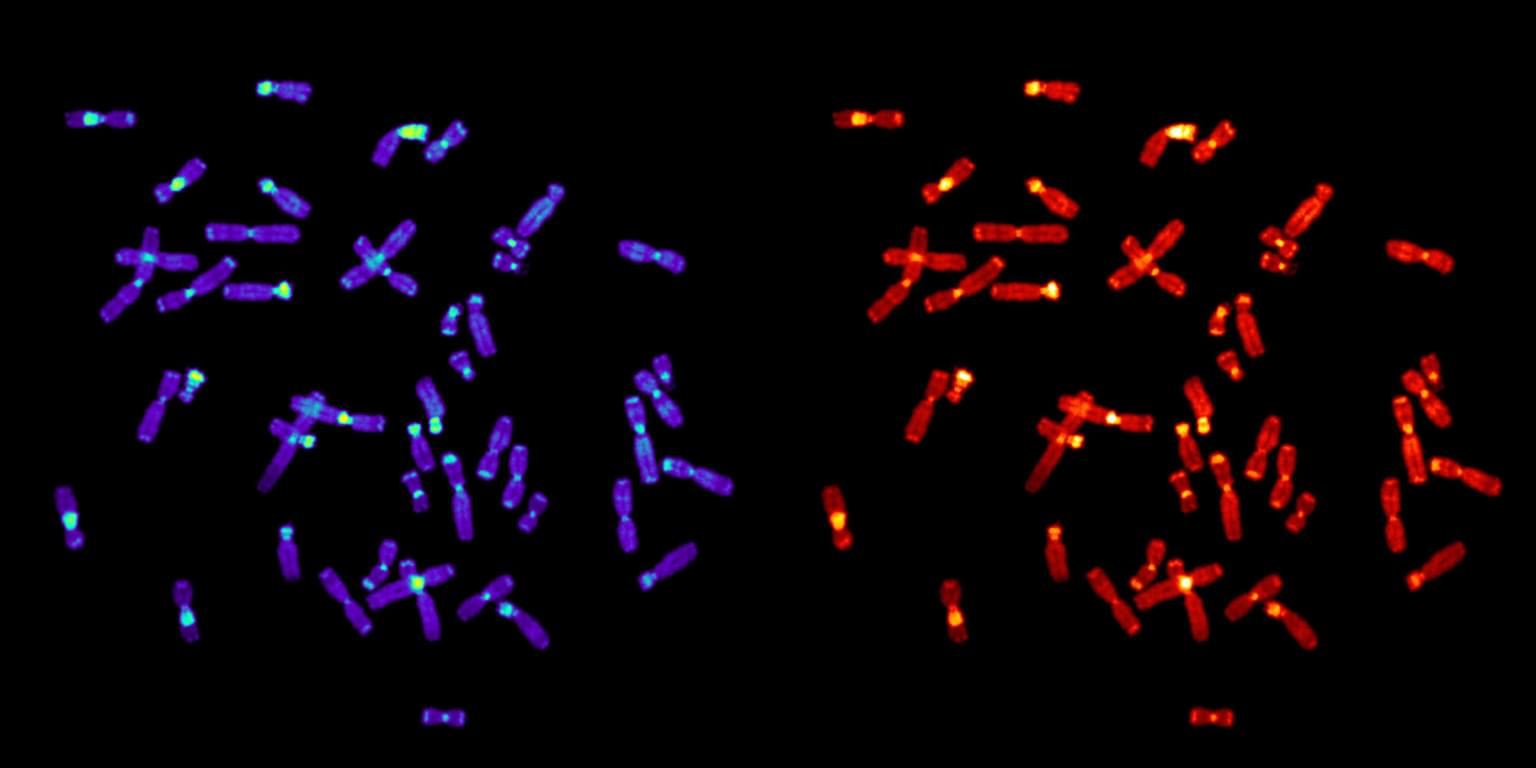News
11 April 2025
Road to Research: Q&A with Alex Garruss, Ph.D., Jim and Virginia Stowers Fellow
“There are few rewards as powerful and as elevating as making a clear, robust scientific observation that advances the field.”
Read Article
News
Learn more about Careno’s experience investigating circadian rhythms in the Bazzini Lab

Daniel Careno, a biological sciences Ph.D. student at the Universidad de Buenos Aires, Argentina, recently completed a research opportunity in the lab of Stowers Institute Associate Investigator Ariel Bazzini, Ph.D., after being named one of 10 doctoral students presented the Promoting Research Opportunities for Latin American BioChemists (PROLAB) award.
The recipients, comprised of postdoctoral fellows and early-career scientists from Argentina, Brazil, and Chile, each received travel grants from the American Society for Biochemistry and Molecular Biology (ASBMB) to work in labs across the United States and Canada.
Learn more about Careno’s experience at the Stowers Institute in the Q&A below.
What did your research focus on in the Bazzini Lab?
My research focuses on circadian rhythms, which are internal signals that help organisms anticipate and adapt to periodic changes in the environment, such as the 24-hour day-night cycle. While we understand the importance of these rhythms, much remains unknown about the molecular mechanisms that generate them. Specifically, my work investigates how gene expression is regulated at the post-transcriptional level—a field in which Investigator Ariel Bazzini is a leading expert. His expertise and generosity as my mentor have made this research incredibly enriching.
How do you hope this could one day help people or the scientific community?
Ultimately, I aim to shed light on how circadian rhythms are generated, which could significantly advance the field of chronobiology and potentially lead to applications in multiple areas, from agriculture to human well-being. Since we can't physically enter a cell to observe how everything works, we combine multiple cutting-edge genomic techniques to reconstruct and study these processes. Some of these techniques have never been used together before, and we hope to establish a framework that can serve as a guide for other scientists.
How has your experience at the Stowers Institute helped you grow as a scientist?
The three months I spent at the Stowers Institute were some of the most transformative of my Ph.D. journey. The United States is arguably one of the best places to conduct scientific research, and the Stowers Institute stands out as one of its premier research institutions. At the Institute, I had access to state-of-the-art technology and a culture that encourages pushing boundaries. When you propose an ambitious idea, the response isn’t, "Are you sure that’s possible?" but rather, "Great idea—where should we start?"
This mindset, combined with access to cutting-edge tools, inspiring colleagues, and exceptional scientific talks, created an environment that fostered incredible growth. It was a unique opportunity to experience the forefront of science and expand my horizons as a researcher.
What did you enjoy most about your time at the Stowers Institute?
The sense of community, where everyone—from scientific staff to administrative and technical teams—shares a genuine passion for their work, is truly remarkable.
What I enjoyed most wasn’t just one thing but the entire experience. The combination of world-class infrastructure, an incredible support system that makes research seamless, and access to tools and expertise that are second to none was unforgettable. The camaraderie and collaboration among colleagues and the vibrant and inspiring atmosphere made my time at Stowers not just productive but deeply enjoyable.
How has the PROLAB travel award helped advance your career as a scientist?
The PROLAB travel award from ASBMB made it possible for me to travel to the Stowers Institute and work in the Bazzini Lab. This experience allowed me to learn new techniques, use advanced technologies, and collaborate with world-class scientists. The exposure and training I gained significantly strengthened my skills and opened doors for future collaborations. Without this award, I wouldn’t have had access to such an exceptional opportunity to grow as a scientist. I’m deeply thankful to ASBMB for providing me with this invaluable experience.
What do you hope to do next?
I am still working closely with the Bazzini Lab and collaborators at the Institue to complete my Ph.D. thesis. As for the future, while I’m not entirely sure what my next step will be, I’m certain I want to continue in science. Most likely, I’ll pursue a postdoctoral position. The molecular biology field is undergoing a revolution, transitioning from bench work to data-analysis work powered by robotics and automation. I’m excited to see where this transformation takes the field and to be part of shaping its future.
News
11 April 2025
“There are few rewards as powerful and as elevating as making a clear, robust scientific observation that advances the field.”
Read Article
News

09 April 2025
New study shows how we can better learn our genome’s hidden grammar, potentially paving the way for personalized medicine.
Read Article
News

09 April 2025
The multi-institutional study assembling six ape genomes provides a new appreciation for how chromosomes evolve.
Read Article
